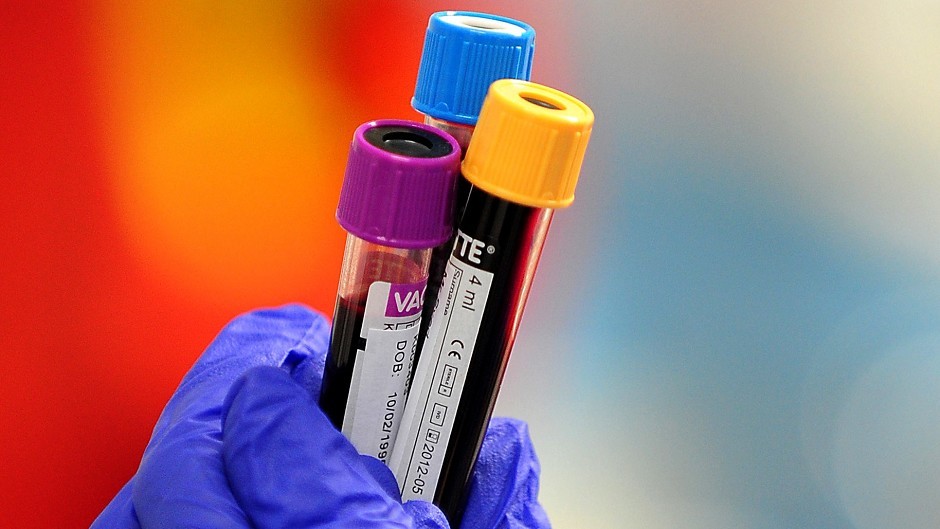Scores of women across the north and north-east will be called in for blood tests amid fears a “miracle” drug may have left three patients requiring liver transplants.
Doctors have been ordered to stop prescribing Esmya to women with uterine fibroids while the European Medicines Agency (EMA) carries out a review of its side effects.
And patients who are already taking the drug, or have recently stopped the treatment, are required to have blood tests to check for any signs of liver damage.
The move, described as “temporary safety measures”, follows four reported cases of “serious liver injury” in Europe, three of which led to transplants being required.
Hundreds of women across Scotland are now expected to be called in for tests, with 30 patients in the north Highlands having been prescribed the Esmya in the last three months alone.
Fibroids are non-cancerous growths that develop in or around the womb, with about a third of women developing them at some point in their lives, usually between the ages of 30 and 50.
Esmya, which can be used for three months before surgery to remove fibroids or over a longer period, was hailed as a “miracle” drug after it was authorised in the EU in 2012, enabling many women to avoid more significant surgery.
But the EMA launched a review of its impact in December, and the prescription of the drug has now been suspended following reports of a third patient requiring a liver transplant.
The UK’s Medicines and Healthcare products Regulatory Agency (MHRA), issued the new guidance to health boards last week.
It added that women “must stop treatment and seek medical attention immediately” if they experience symptoms associated with liver problems, such as nausea, vomiting, feeling ill, lack of appetite, weakness, upper abdominal pain, and yellowing of the skin and eyes.
Last night, an NHS Highland spokesman said: “The guidance from the European Medicines Agency has been sent to GPs in NHS Highland and they will be reviewing patients in line with the advice provided.
“Patients should contact their GP if they have any concerns.
“Whilst liver injury is potentially very serious, it should be noted that the number of reported incidents across Europe is very small.”
An NHS Grampian spokeswoman said: “We were made aware by the MHRA at the beginning of last week about the introduction of temporary safety measures for women who have been prescribed this drug.
“This guidance was distributed to all relevant areas as per our normal procedures for distributing safety alerts.”
